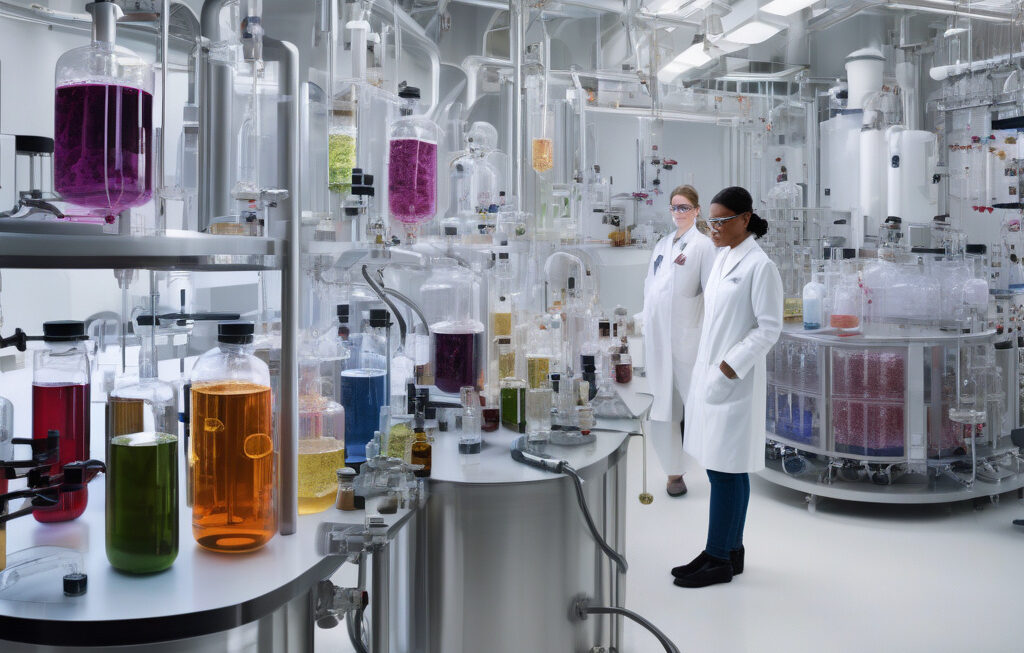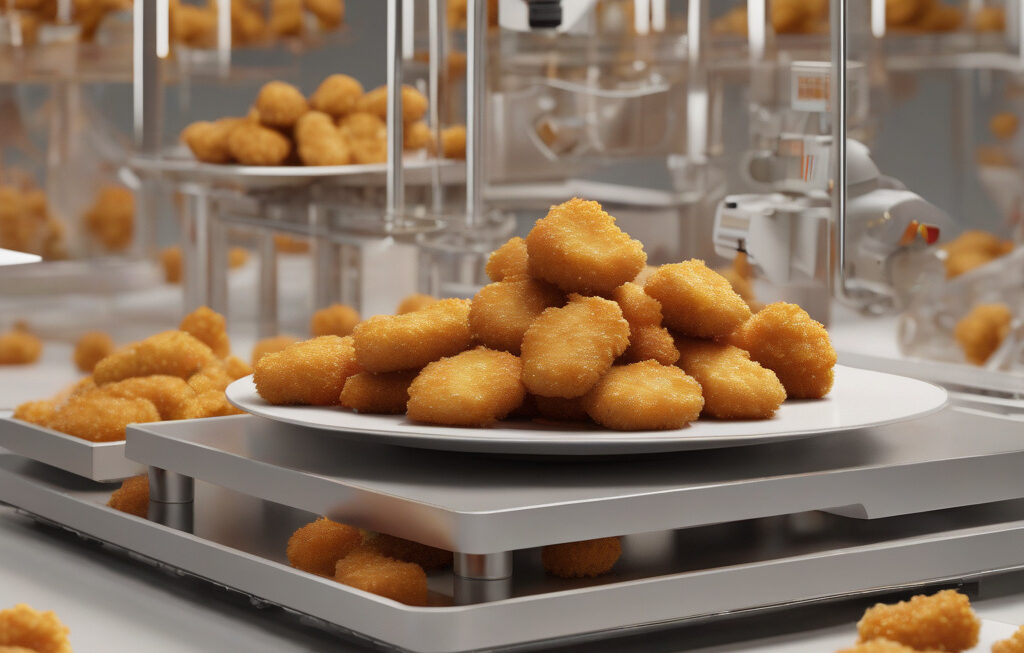Precision Fermentation: Mimicking Meat, Eggs, and Cheese for a Sustainable Future
Precision fermentation, a cutting-edge technology, is revolutionizing the food industry by replicating the flavors and textures of animal-based products like meat, eggs, and cheese without the need for traditional agriculture. This innovative approach is not only meeting the growing global demand for sustainable food options but also addressing critical environmental and ethical concerns associated with animal agriculture.
Researchers and food technologists are leveraging precision fermentation to produce alternative protein sources that are nearly indistinguishable from their animal-derived counterparts. By harnessing the power of microorganisms like yeast and bacteria, they can recreate the complex molecular structures that give meat, eggs, and cheese their unique taste and mouthfeel. This process allows for the production of familiar foods without the environmental impact, animal welfare issues, and health risks associated with conventional livestock farming.
One of the key advantages of precision fermentation is its ability to deliver scalable and consistent results. Unlike traditional agriculture, which is subject to factors like weather conditions, disease outbreaks, and resource availability, fermentation processes can be carefully controlled and optimized in a controlled environment. This level of precision ensures that the final products meet the desired quality standards, regardless of external variables.
In addition to its sustainability benefits, precision fermentation also offers significant advantages in terms of versatility and customization. Researchers can fine-tune the fermentation process to create a wide range of flavors, textures, and nutritional profiles, catering to diverse consumer preferences and dietary requirements. This level of flexibility allows for the development of innovative food products that not only taste great but also align with evolving consumer trends and demands.
Furthermore, precision fermentation has the potential to address pressing global issues such as food security, resource scarcity, and climate change. By reducing the reliance on conventional agriculture and livestock farming, this technology can help mitigate the environmental impact of food production, conserve valuable natural resources, and minimize greenhouse gas emissions. As the world population continues to grow, finding sustainable and efficient ways to feed billions of people will be crucial, and precision fermentation offers a promising solution to this complex challenge.
The adoption of precision fermentation in the food industry is gaining momentum, with an increasing number of companies investing in research and development to bring innovative products to market. From plant-based burgers to dairy-free cheese and egg alternatives, consumers are now spoiled for choice when it comes to sustainable and delicious food options. As awareness of the environmental and ethical implications of traditional animal agriculture grows, more people are turning to these innovative alternatives as a way to reduce their carbon footprint and support a more sustainable food system.
In conclusion, precision fermentation represents a paradigm shift in the way we produce and consume food. By leveraging advanced technologies to recreate the flavors and textures of animal-based products, researchers are paving the way for a more sustainable, ethical, and delicious future. As this transformative technology continues to evolve and expand, it holds the promise of revolutionizing the food industry and addressing some of the most pressing challenges facing our planet today.
precision fermentation, sustainable food, alternative proteins, food technology, environmental impact












